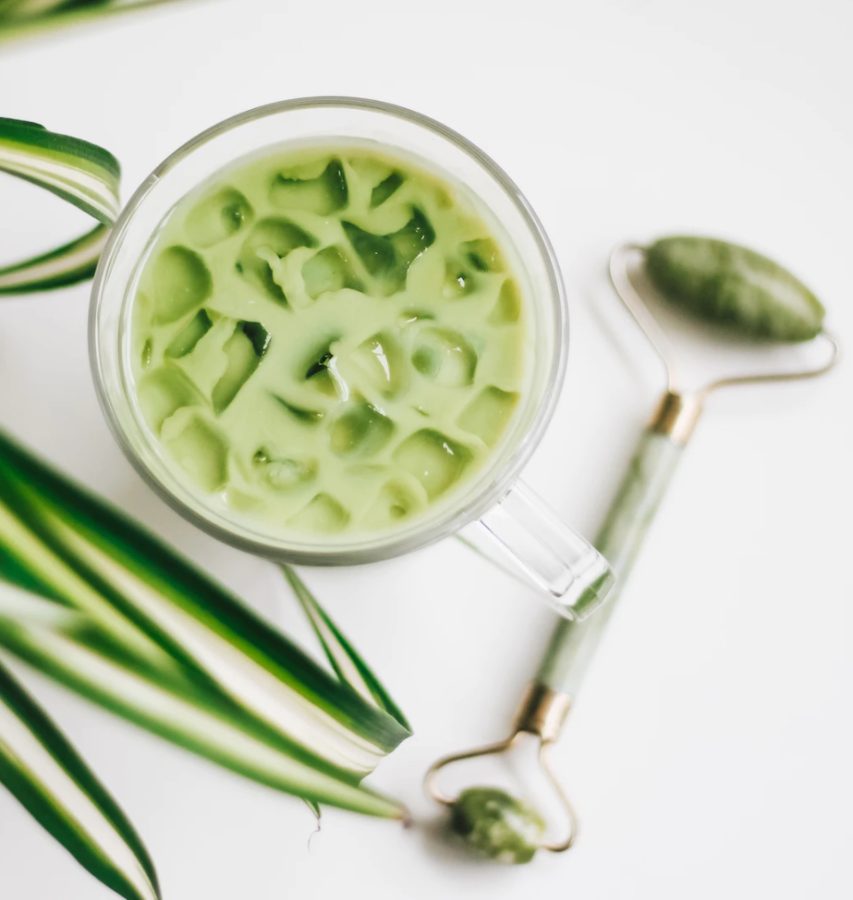Be Yourself: Not That Girl
Photo by Shayna Douglas on Unsplash
The “That Girl” trend on TikTok promotes aesthetically healthy habits, but also festers comparison and competition.
Every era of popular culture has had an It Girl— someone whose life seems perfect. In 2021, we have a That Girl.
Instead of just one supermodel, That Girl is a wide network of influencers embodying a specific lifestyle in the form of a TikTok video.
This wellness-based lifestyle preaches success through routines that popularly consist of waking up early, writing in a gratitude journal, and/or attending a workout class. The trend has become universal on TikTok: #thatgirl currently has 1.7 billion views.
Bright filters accompany the influencer’s omnipresent smile. The latest Ariana Grande song is set as the audio. Every video is picture perfect, starting with the girl’s daily $8 oat milk latte.
From the outside, it seems incredible: who wouldn’t want to invest in a healthy lifestyle?
But beneath these 15-second videos lie harmful issues.
Gen Z is the highest demographic of TikTok users, with females being 60% of the user population. When the TikTok algorithm floods teenage girls’ feeds with these videos, girls are persuaded and pressured to be That Girl.
But That Girl doesn’t have bad days. She doesn’t spend time on academics. Additionally, she doesn’t teach girls how or why they should live this lifestyle. When these videos show a girl going to the gym everyday, there is no indication of the workout she’s doing or how to balance food and exercise in an already extremely disordered eating prone society. The spotlight shines on her Lululemon workout set, though.
This lack of reality sets perfection as the That Girl lifestyle standard, and it further increases girls’ feelings of inadequacy and the 10% of our thoughts that are dominated by comparisons.
As a result, a culture swept up by social and material images is fabricated. Although the principles taught in these videos can be helpful, the absence of personalization is the problem.
Recent It Girls such as 2018’s Emma Chamberlain or 2020’s Charli D’Amelio influenced girls with their unique personalities and mindsets. The flawlessness depicted by this trend only disillusions girls into striving for an unrealistic life.
Likewise, a Harvard study defined the 5 keys to a balanced life as a healthy diet, physical activity level, healthy body weight, not smoking, and maintaining a moderate alcohol intake. These broad concepts leave room for subjectivity and balance, rather than restricting health to an idealistic daily routine.
Gen Z is growing up in a social media age fueled by strategic advertising. These videos are a form of advertising that try to answer the question of what happiness and health look like. The widespread phenomenon of the That Girl lifestyle should not be the inspiration for teenage girls’ lives anymore. Health should be personalized rather than pressured to fit an aesthetic.









